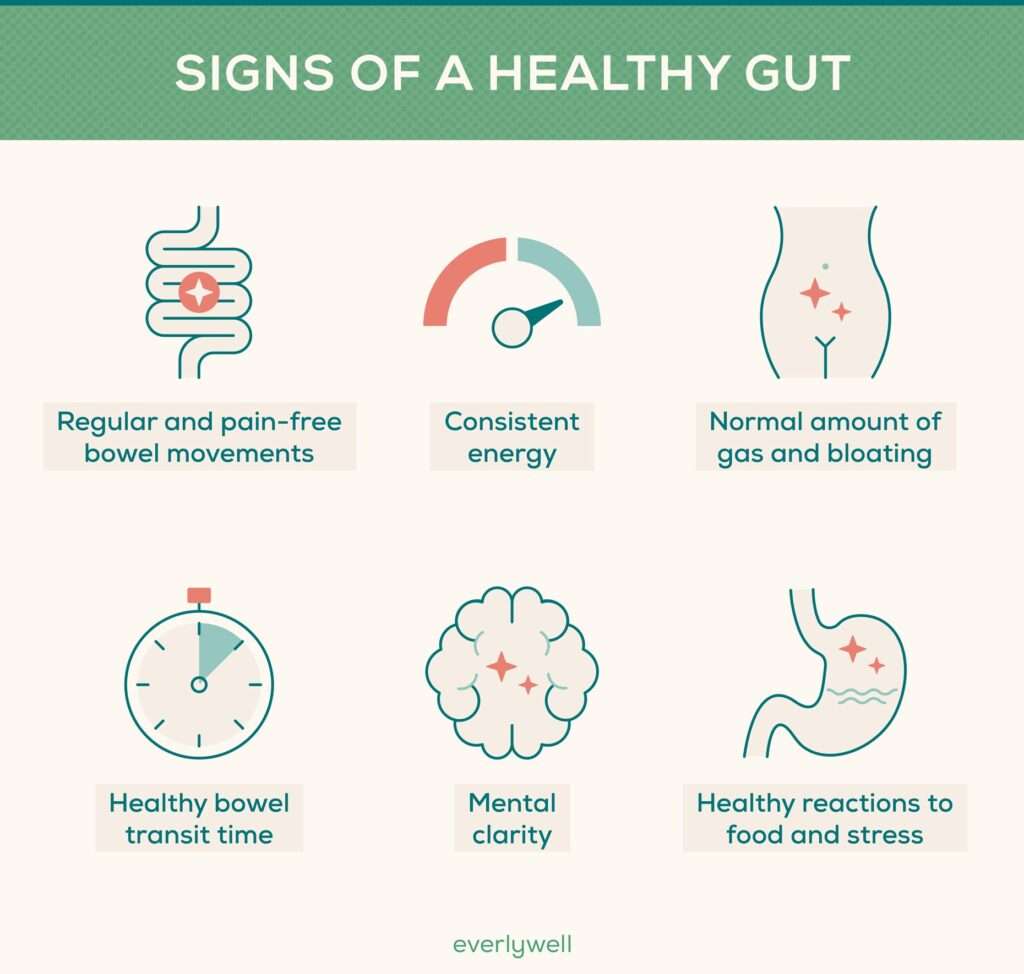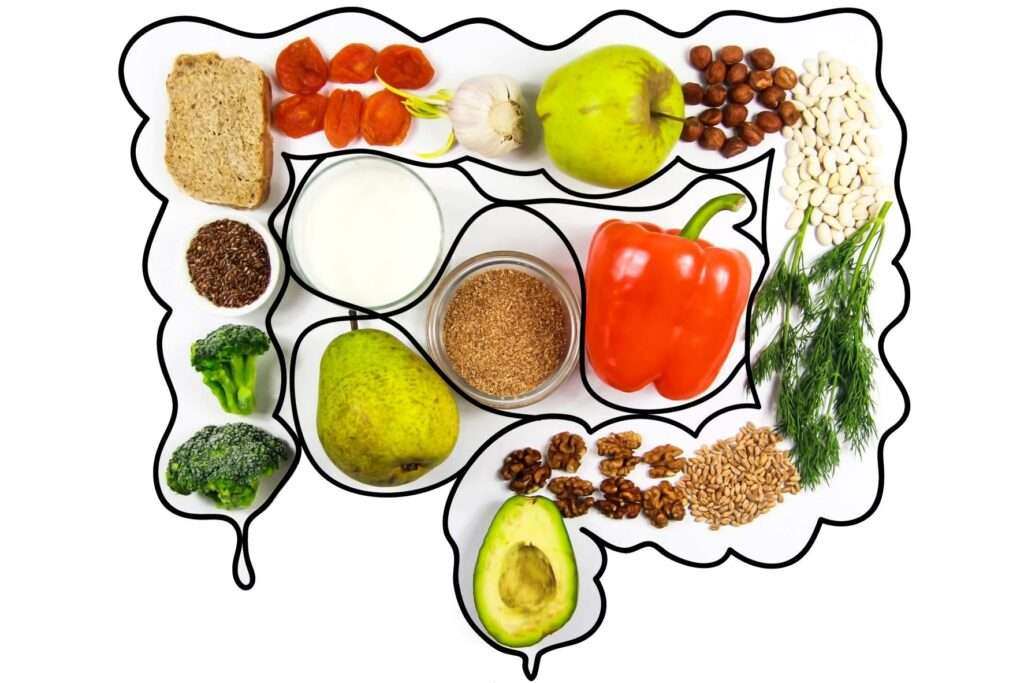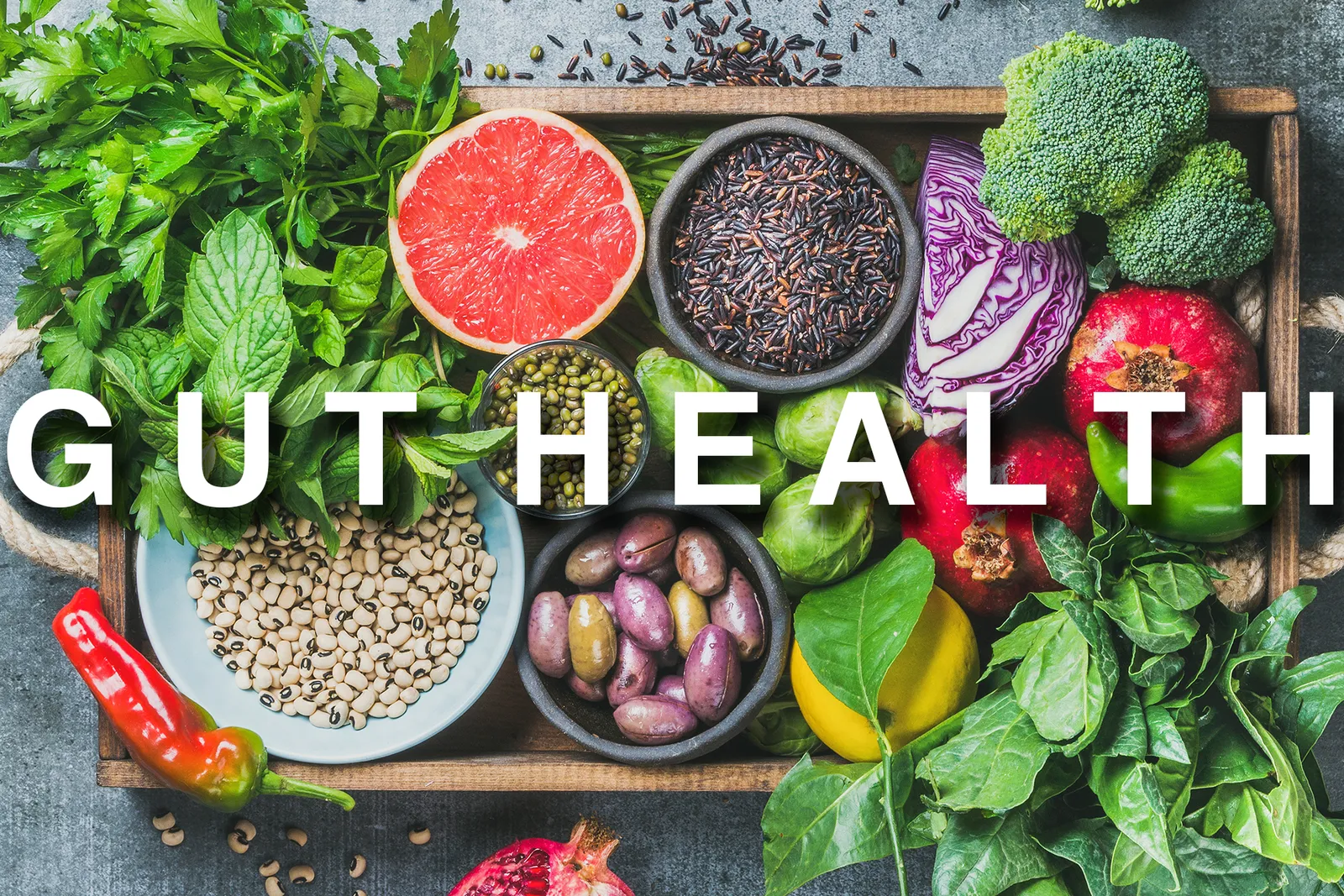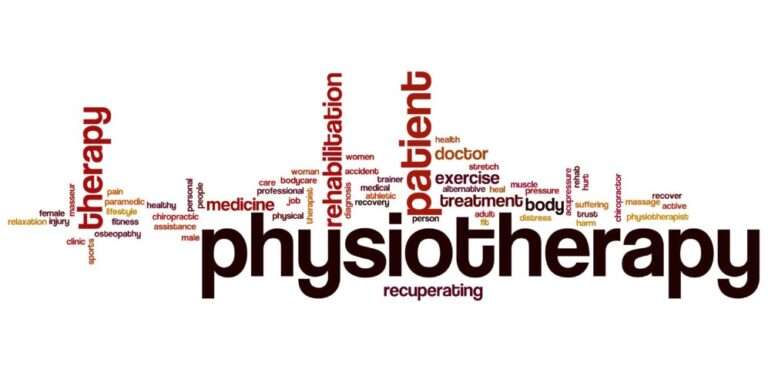The Silent Orchestra | Gut Health
The Silent Orchestra | Gut Health – The journey to understanding gut health begins with recognizing it as a complex ecosystem, thriving within you, impacting everything from your mood to your metabolism. It’s not merely about avoiding discomfort but nurturing a thriving microbial community that supports overall health.
Key Takeaways
- Optimizing Gut Health: A balanced diet, adequate sleep, regular exercise, and stress management are foundational.
- Probiotics’ Role: Incorporating fermented foods like yogurt and kefir can enhance gut microbiota.
- The Brain-Gut Connection: Mental health and gut health are deeply intertwined, influencing each other.
Why Gut Health Matters
Your gut does more than digest food. It’s a fortress against pathogens, a factory for vital nutrients, and a nexus for neurotransmitters. Everything ties together; an imbalance in your gut can ripple across your entire body, affecting mood, immune response, and even chronic disease risk.
Gastrointestinal Health: Beyond the Basics
Traditional wisdom suggests that stomach acid and enzymes are just for digestion, but these substances also play defensive and regulatory roles. A well-balanced gastrointestinal environment supports not only digestion but also protects against pathogens and regulates immune responses.
Foods That Fortify Your Gut
Eating right isn’t just advice—it’s imperative for gut health. A diet rich in fibers like fruits and vegetables, alongside probiotics from sources like kefir and yogurt, feeds the good bacteria in your digestive system. These beneficial microbes are your allies against inflammation and immune system mishaps.
Probiotics and Your Health
Probiotics are more than a health trend; they are live microorganisms that confer immense health benefits when consumed in adequate amounts. They can restore and maintain the balance of your gut microbiota, which in turn can help manage conditions like IBS and even improve mental health by modulating the body’s stress response (Home).

Unlocking the Mystery of the Gut Microbiome
Your gut microbiome is a teeming universe of bacteria, each playing a crucial role in digesting food and regulating your immune system. This complex system not only helps digest food but also communicates with your brain, significantly impacting your mood and cognitive functions (Home) (Home).
The Brain-Gut Connection
Perhaps one of the most fascinating aspects of gut health is its communication with the brain. This bidirectional pathway, known as the brain-gut axis, means that your digestive system not only sends signals to your brain about hunger and satiety but also affects your emotions and psychological well-being. The enteric nervous system within your gut acts like a second brain, influencing your mood and potentially contributing to or alleviating conditions like anxiety and depression (Home).
A Table of Beneficial Foods
| Food Type | Benefits |
|---|---|
| High-fiber fruits and vegetables | Promotes the growth of beneficial gut bacteria |
| Fermented foods | Enhances the microbiota with probiotics |
| Whole grains | Provides sustained energy and feeds beneficial bacteria |

By understanding and caring for your gut, you’re not just looking after your digestive health; you’re setting the stage for overall health and well-being. Remember, a healthy gut is a cornerstone of a healthy body.
Exercise: A Key to Gut Efficiency
Engaging in regular physical activity is not just about keeping fit—it’s essential for maintaining efficient gut function. Exercise helps speed up digestion, reduces inflammation, and even increases the diversity of your gut microbiota. This leads to enhanced digestion and a reduced risk of gastrointestinal disorders.
Impact of Sleep on Gut Health
Getting enough sleep is crucial for gut health. Poor sleep patterns can disrupt your gut microbiome, leading to a higher susceptibility to digestive disorders like IBS, bloating, and uncomfortable gas. Aim for 7-9 hours of quality sleep per night to help maintain the balance and functionality of your gut flora.
Stress Management: Calming the Gut Mind
The gut is highly responsive to stress levels; it’s not just about feeling butterflies in your stomach but how stress disrupts the entire digestive process. Managing stress through techniques like mindfulness, yoga, or even regular walking can significantly improve your gastrointestinal health.
Common Gut Health Misconceptions
Many believe that taking probiotics is a cure-all for gut issues. However, the effectiveness of probiotics can vary widely depending on the individual’s existing gut flora and health conditions. It’s important to consult healthcare providers to tailor probiotic consumption to your specific needs.
Frequently Asked Questions
What are the signs of an unhealthy gut?
- Frequent bloating, gas, or indigestion
- Unexplained weight changes
- Constant fatigue or sleep disturbances
- Skin irritations like eczema
- Autoimmune conditions worsening
- Food intolerances
How can I quickly improve my gut health?
- Increase fiber intake with fruits, vegetables, and whole grains
- Incorporate fermented foods like yogurt and sauerkraut into your diet
- Stay hydrated to help maintain the mucosal lining of the intestines
- Manage stress through meditation or other relaxation techniques
Can gut health affect my mood?
Absolutely! The gut-brain axis means that the state of your gut can have a significant impact on your mood. Poor gut health has been linked to anxiety and depression due to its influence on the body’s stress response and neurotransmitter activity.
Is it necessary to take supplements for gut health?
While supplements can help, they aren’t necessary for everyone. A balanced diet rich in diverse, fiber-rich foods is often enough to support a healthy gut. Supplements like probiotics can be beneficial in certain cases, but it’s best to consult with a healthcare provider before starting any new supplement regimen.

Supporting Your Gut Health with Smart Choices
In conclusion, taking care of your gut health involves a combination of diet, exercise, sleep, and stress management. Understanding and supporting your gut flora with smart dietary choices not only improves your digestive health but also enhances your overall well-being.
Engage Further
- Johns Hopkins Medicine on Gut Health
- Learn about the Brain-Gut Connection
- Exploring Probiotics and Mood Improvement
By delving into the dynamics of gut health, you can harness the power of your body’s “second brain” to foster better health outcomes across the board. Remember, your gut’s well-being is integral to your overall health. Taking proactive steps to support it can lead to significant improvements in your life quality.







